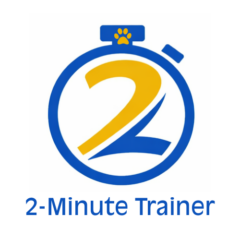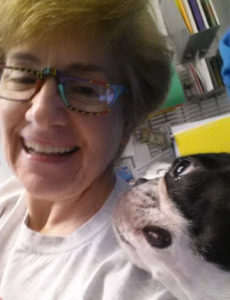Whether you like the term “pet parent” or not, dogs are, in many ways, akin to human toddlers.
Consider these “Social Characteristics of Toddlers”
- Toddlers are headstrong and negativistic.
- They are naturally active, mobile and curious.
- They are repetitive, rigid, ritualistic, and stereotyped in their behavior.
- They tend to go into temper tantrums in order to control self and other.
- Play is the work of toddlers. Through play they learn how to manipulate and understand their environment
- Rituals increase in the toddler’s sense of security by making compulsive routines of simple tasks
- Negativism can be countered by offering limited choices and the use of distraction in the handling toddlers whose favorite word is “NO”.
Sound familiar?
The reaction they get will determine whether they try it again
Training isn’t about controlling all aspects of your dog’s life. It’s about teaching him or her to cope with the world he/she lives in. Dogs like knowing what’s allowed and what isn’t. That doesn’t mean they won’t test the boundaries – just like any toddler. They will try to manipulate you, or “push your buttons” – just like a human toddler. The reaction they get will determine whether they try it again.
Say your dog barks at you. What do you do? If it’s a bark for attention – does your dog get it? Do you yell at him to “be quiet?” Do you bribe her to get her to shut up? Or do you ignore it?
Attention = Reward (for a dog)
If your dog was successful in getting you to pay attention – any kind of attention – the barking for attention worked and you’ll get more of the same behavior. Your dog tested and won. Even if all you did was get angry – you barked back and your dog got the attention he/she was craving.
If you ignored the behavior – either by continuing what you were doing or by leaving the vicinity, the barking didn’t work and you’ll probably see less of it.
Here’s a few seconds of the chaos and mayhem in our house before we told the dogs to knock it off:



